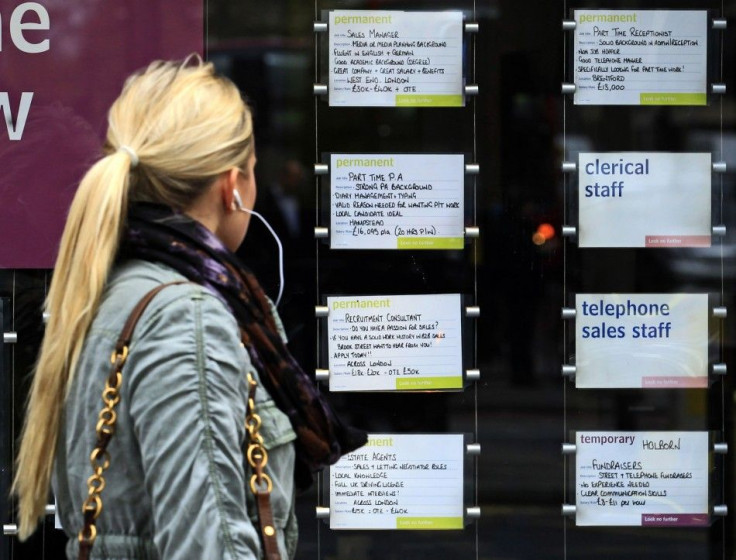America's Unemployment Problem: Business Needs Don't Match Workforce Training, Education
COLUMN: McKinsey Report Reveals the Problem: Changing Dynamics

Since nobody in Washington seems to know why America's unemployment problem keeps dragging on I'll give them a hint.
It's the 21st century.
The problem is that times have changed in business, and they are changing more rapidly than the workplace, education and training. Therefore, many people are not getting work because they don't fit the needs of many businesses.
It's just that simple.
Consider a recent article in the McKinsey Quarterly. The McKinsey report looked at where jobs are coming from, how businesses are using labor, and factors that affect sustainable job growth. The report, derived from a survey of more than 2,000 business leaders in America, found that the combination of shifting workplace needs and increased demand for jobs is putting increased pressure on those needing work.
America's unemployment rate slumbers along because many of the jobs that once were there are no longer there, the report suggested.
The McKinsey report said new jobs will be found in the next decade in these areas: health care, business services, construction, hospitality, retailing, and manufacturing.
But there is concern, the study found, that due to the needs-shift underway in the early 21st century, the jobs companies will be looking to fill may not match well with the workforce, still trained and educated according to 20th century needs.
The fast evolution of technology has more to do with this than anything. One has to look no further than the personal technology devices they use daily to understand how fast this realm is changing and business is moving at a pace faster than that. Why, it was just the 1990s when we needed a Rolodex, a giant cell phone, an address book, a land line at home, letters by mail, and a variety of other things now compacted into one smartphone.
Businesses have followed a similar trend in many instances, relying upon technology to accomplish with less what used to take more. Add in globalization and cheap overseas labor and outsourcing and, well, one gets the picture.
The workplace is stuck in the 20th century but businesses have needs for the 21st century. So while they keep talking in Washington about this is needed and that is needed, they would best be served facing this reality and tuning into the McKinsey report. We've got to get America's workforce into the 21st century in terms of training and education.
Or the nation's unemployment problem will continue for a very long time.
© Copyright IBTimes 2025. All rights reserved.





















